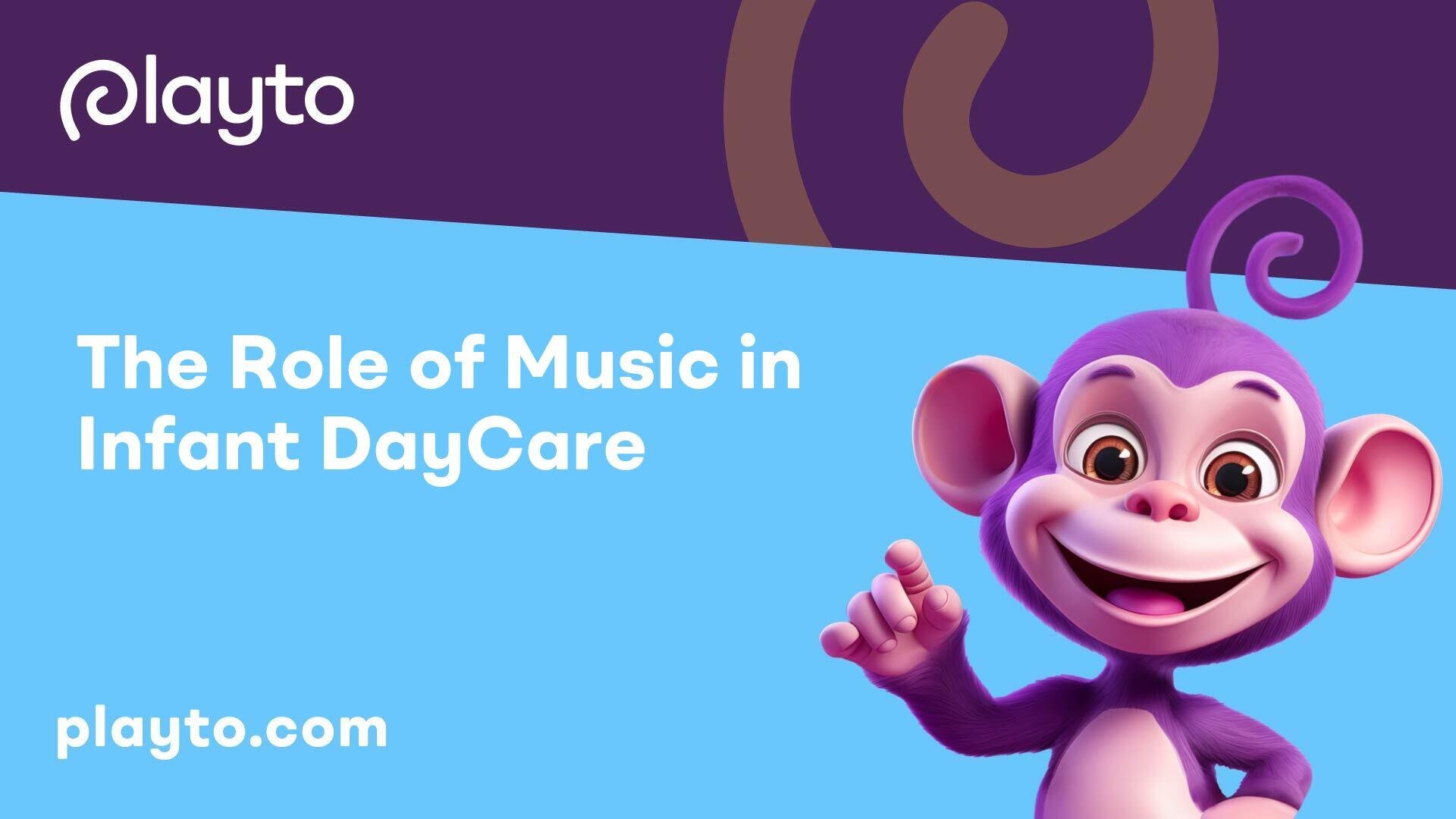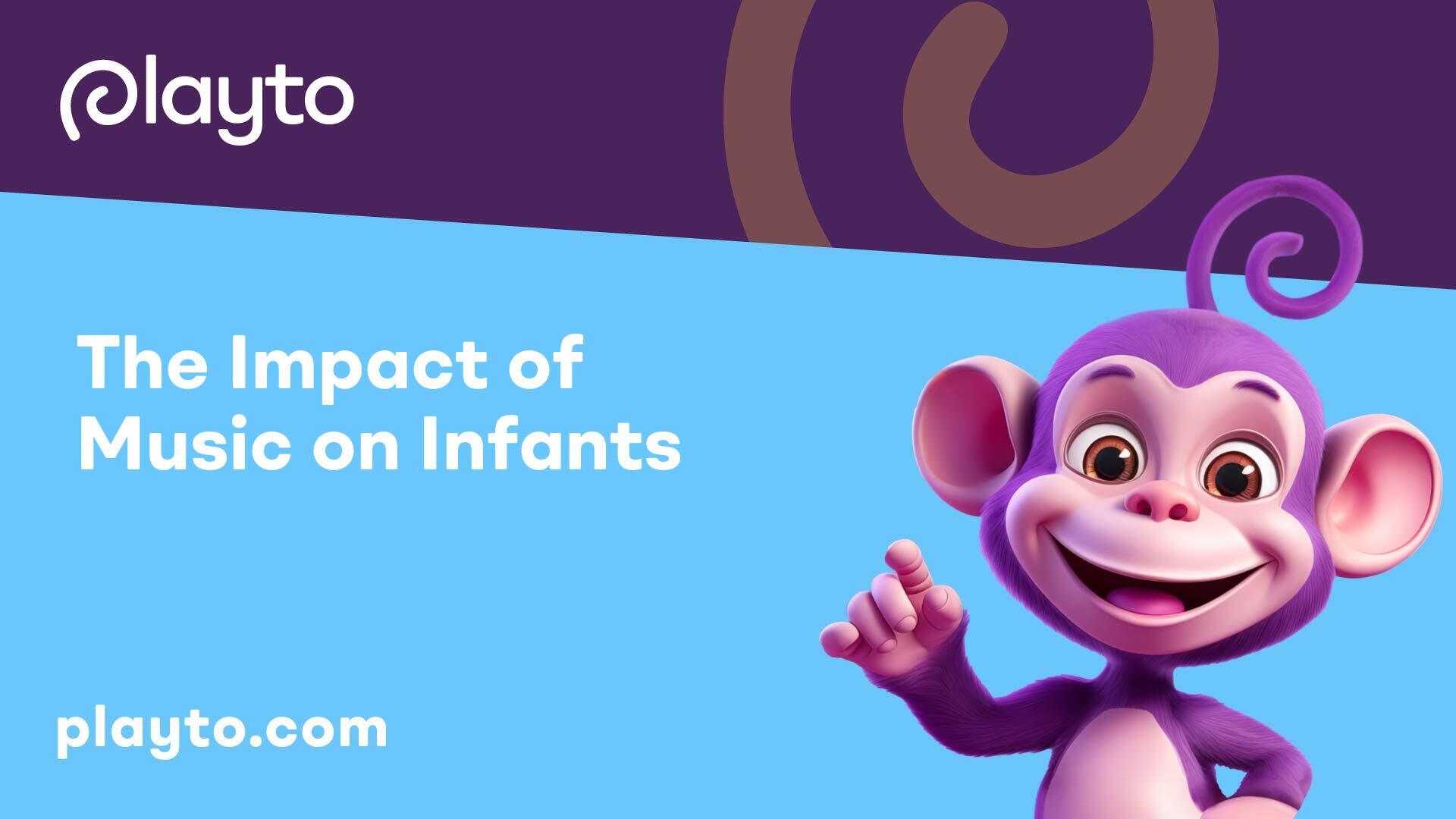
The Impact of Music on Infants
Music plays a significant role in the development of infants, offering various benefits that contribute to their overall well-being. Early exposure to music introduces infants to a world of sounds and rhythms, fostering their cognitive and emotional growth. In this section, we will explore the importance of early musical engagement and the soothing effects of music on infants.
Early Musical Engagement
Babies are inherently drawn to music, and even before they can understand words, they recognize the melodies of songs. Musical engagement in infancy serves as a gateway to language development, as exposure to music can encourage language skills even before verbal communication begins. This early interaction with music helps babies process sounds and lays the foundation for future language acquisition.
Parents and caregivers can incorporate music into daily routines, such as singing lullabies during bedtime or playing soft background music during playtime. These musical interactions not only stimulate infants' auditory senses but also create a soothing and comforting atmosphere.
Soothing Effects of Music
Music has a calming effect on infants and can help alleviate feelings of distress or agitation. Quiet background music, especially during sleep time, creates a soothing environment that promotes relaxation and can aid in sleep induction. The rhythmic patterns and melodies of music have a comforting influence on infants, helping to regulate their mood and emotions.
Caregivers in daycare settings can integrate music into daily routines to create a nurturing and enriching environment for infants. Incorporating gentle musical sounds during caregiving activities or play sessions can have a positive impact on infants' emotional well-being and can contribute to building a strong bond between caregivers and infants.
By understanding the profound impact of music on infants, caregivers and parents can leverage the power of music to support infants' early development. Through musical engagement and exposure, infants not only experience the joy of music but also benefit cognitively, emotionally, and linguistically. Music acts as a universal language that transcends age barriers and serves as a powerful tool in nurturing and stimulating the minds of infants during their formative years.
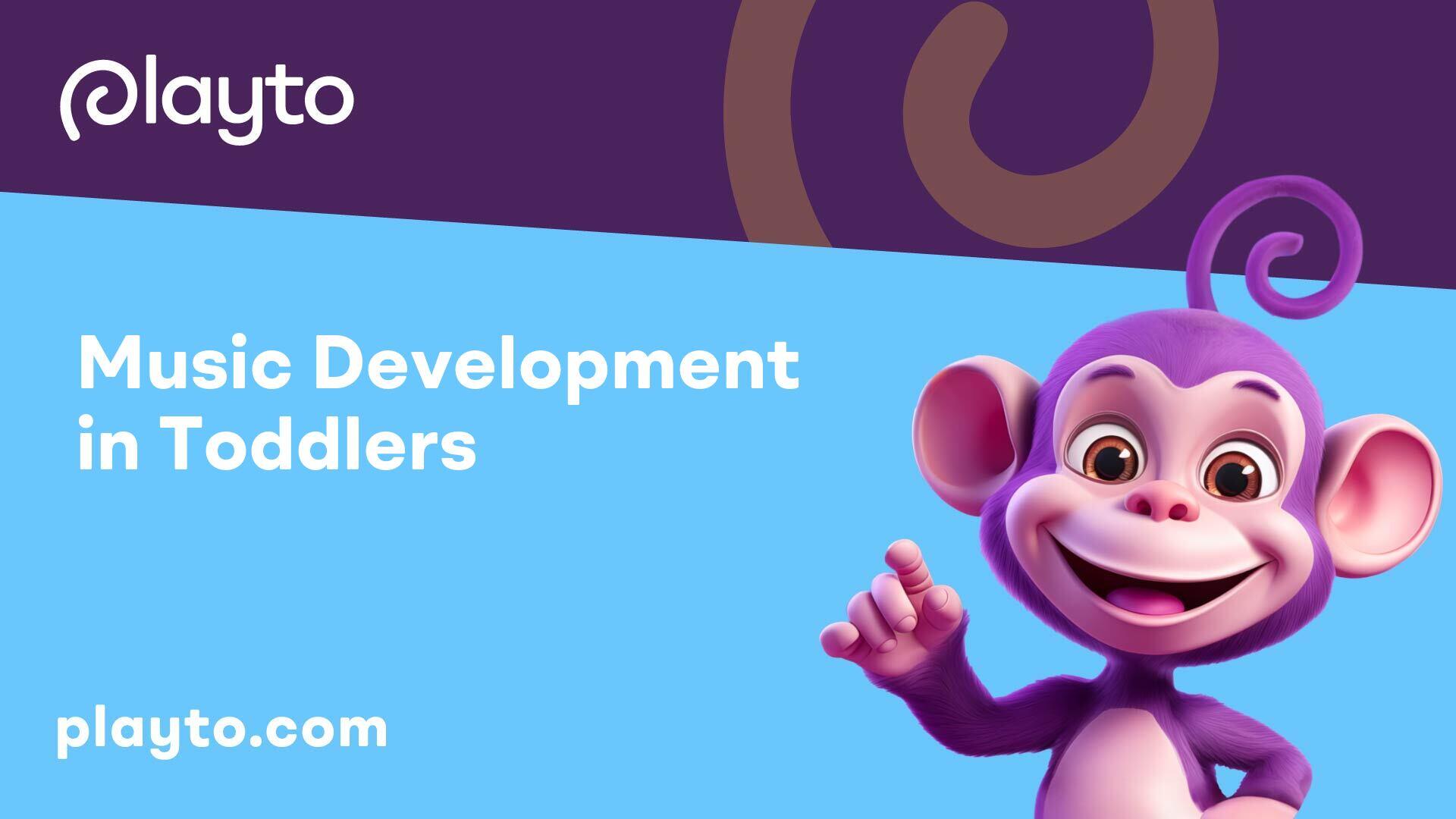
Music Development in Toddlers
Exploring the world of music with toddlers can be a delightful experience that nurtures their cognitive and emotional growth. Engaging toddlers in musical activities for toddlers helps them not only express themselves but also enhances various developmental skills. Incorporating the concept of repetition in music can significantly benefit toddlers' language development and overall learning experience.
Musical Activities for Toddlers
Toddlers have a natural inclination towards music and movement. Encouraging toddlers to dance and move to music promotes their motor skills and allows them to express themselves in a creative way. Engaging in musical activities like singing, dancing, and playing simple instruments can stimulate multiple brain areas, enhancing cognitive development in toddlers [3].
Using simple songs with repetitive lyrics helps toddlers grasp new words and concepts. Silly songs that involve changing words or adding playful elements can make toddlers laugh and engage with the music. For example, replacing a word in a familiar song with something unexpected can spark creativity and curiosity in toddlers. Additionally, encouraging toddlers to reproduce rhythms by clapping or tapping objects fosters their rhythmic awareness and coordination.
Benefits of Repetition
Repetition is a key element in toddler music education as it reinforces learning and memory retention. When toddlers hear the same songs or musical activities repeatedly, it helps in vocabulary growth and language development. Repetition also contributes to the cognitive development of toddlers by reinforcing patterns and sequences in their minds.
By incorporating repetition in musical activities, toddlers can internalize rhythms, melodies, and lyrics more effectively. This practice not only enhances their musical abilities but also supports their cognitive and emotional development. As toddlers become familiar with specific songs or musical routines, they gain confidence in their abilities and feel a sense of accomplishment.
Incorporating strategies such as starting with simple songs, using repetition, integrating props and instruments, encouraging creativity, and creating a safe and interactive environment can maximize the benefits of music development in toddlers [3]. These activities lay a strong foundation for toddlers' overall growth and prepare them for a well-rounded educational experience.
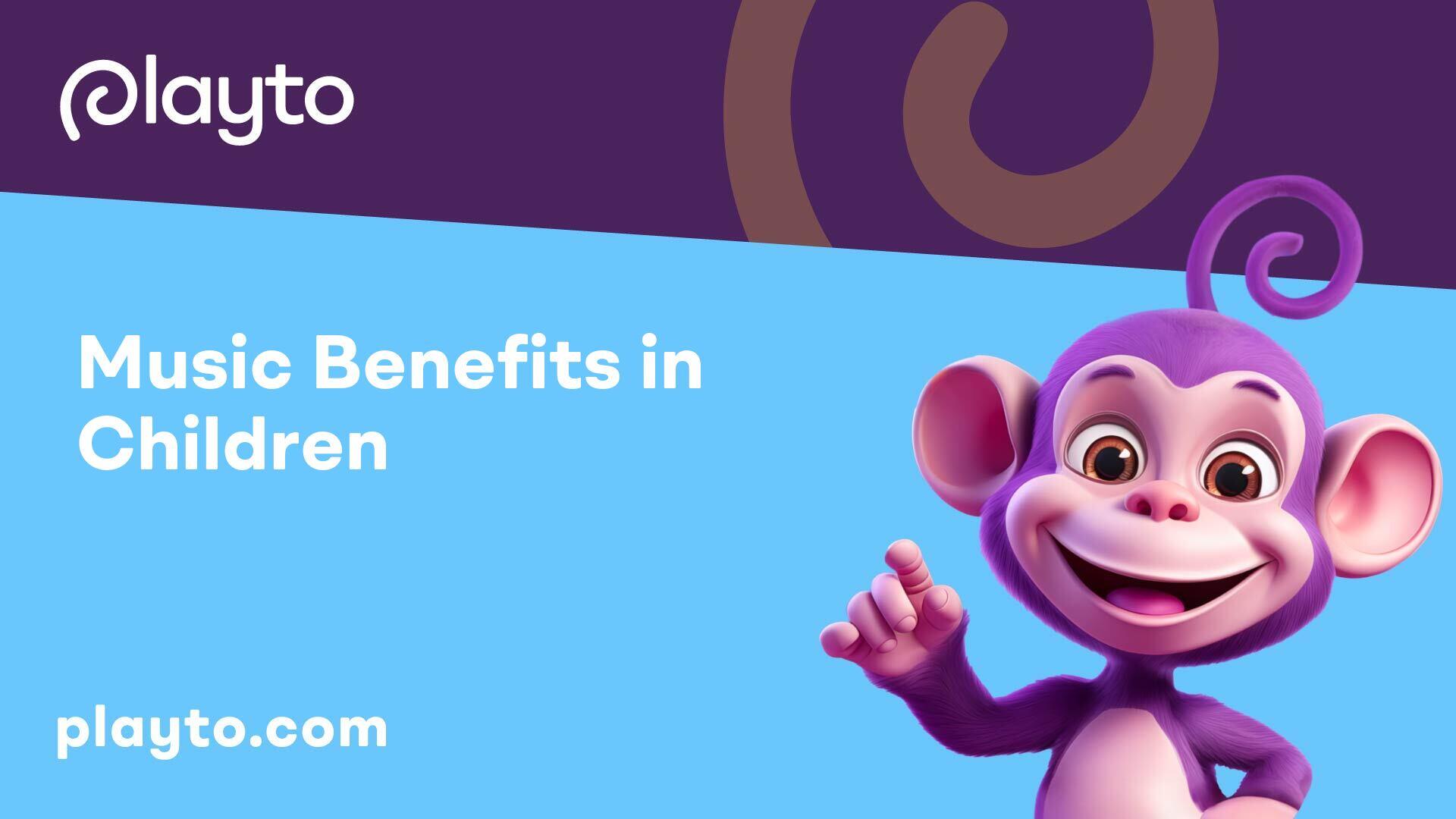
Music Benefits in Children
Exploring the effects of music on children reveals significant benefits in the areas of language development, social growth, and emotional well-being.
Language Development
Music plays a pivotal role in the language development of children. Infants have a remarkable ability to recognize the melody of a song long before they understand the words. According to Bright Horizons, exposing children to music during early development helps them learn the sounds and meanings of words. Singing simple, short songs to infants can aid in building their vocabulary and comprehension skills.
Engaging children in musical activities, such as clapping to the rhythm or singing along to nursery rhymes, can help enhance their phonological awareness and improve language patterns. Through music, children have the opportunity to practice self-expression, develop communication skills, and strengthen their linguistic abilities.
Social and Emotional Growth
Music has the power to foster social interaction and emotional development in children. From the moment they are born, children enjoy the benefits of music, as stated by Bright Horizons. Listening to soothing sounds and rhythmic harmonies can provide comfort and joy, contributing to emotional well-being.
In daycare settings, music and movement activities are powerful tools for enhancing social interaction and emotional expression. These activities encourage children to engage with their peers, cooperate in group settings, and express themselves creatively. According to Vanco Payments, music and movement activities support the development of reading skills by enhancing phonological awareness, vocabulary, listening skills, and memory.
By incorporating music into their daily routines, children can experience a holistic approach to learning that nurtures their language development, social skills, and emotional resilience. Providing opportunities for musical exploration and expression not only enriches children's lives but also lays a strong foundation for their overall growth and well-being.
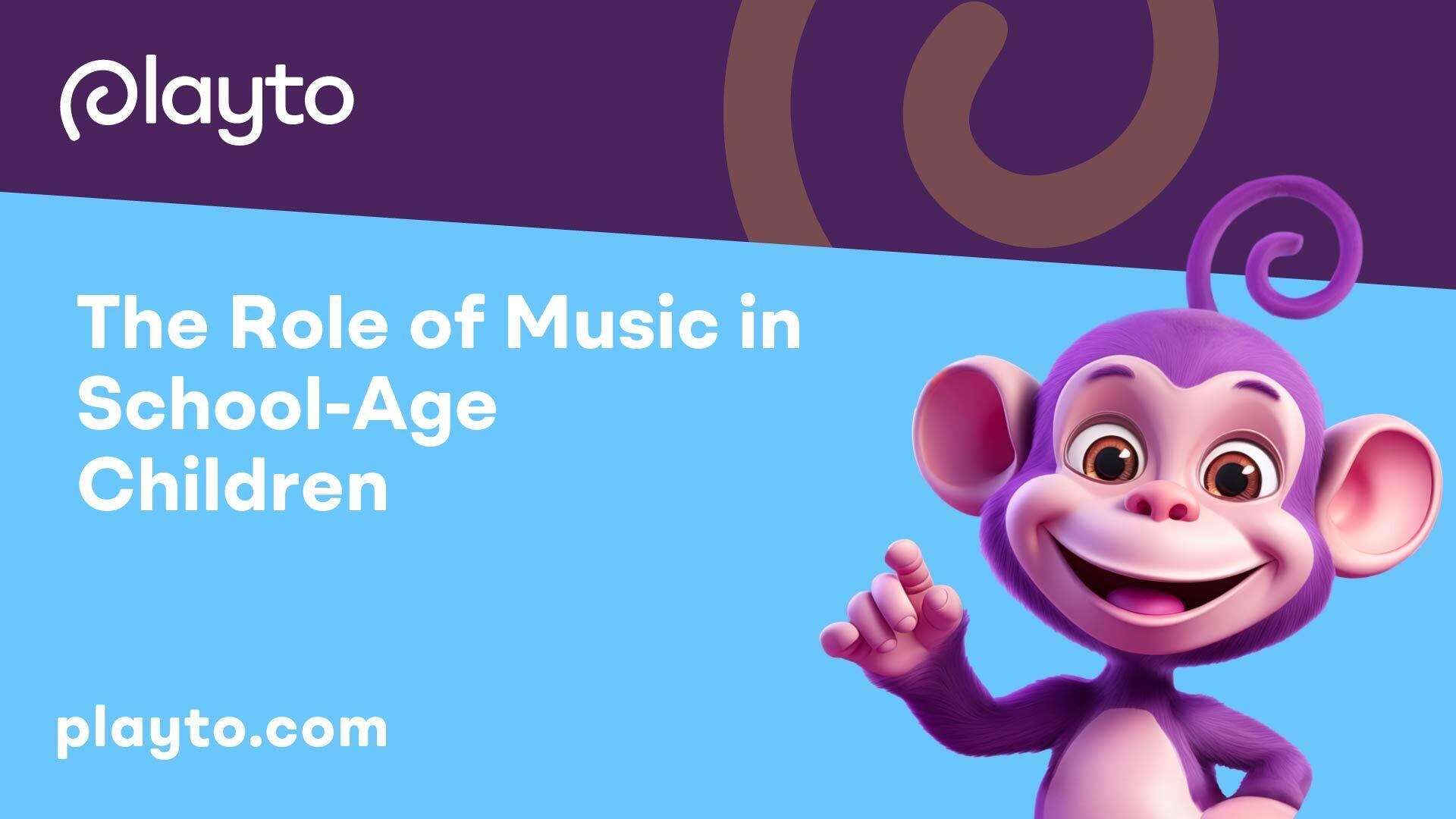
The Role of Music in School-Age Children
Music plays a significant role in the lives of school-age children, enriching their experiences and contributing to various aspects of their development. Let's delve into how music enriches lives and aids in learning instruments and brain development.
Enriching Lives Through Music
Music has a profound impact on the lives of school-age children, offering a medium for self-expression, creativity, and emotional well-being. According to School of Rock, teenagers often use music to bond, develop friendships, and enhance social skills. Whether through solo performances, group collaborations, or band participation, music serves as a common ground for adolescents to connect and express themselves.
Engaging with music fosters a sense of community, teamwork, and mutual respect among children, laying the foundation for positive social interactions and emotional growth. Through shared musical experiences, children learn to appreciate diversity, create lasting memories, and develop essential life skills that extend beyond the realm of music.
Learning Instruments and Brain Development
Learning to play a musical instrument at a young age can have profound impacts on brain development. Children who start learning an instrument before the age of 7 exhibit greater neuroplasticity, which is crucial for lifelong learning and cognitive flexibility [1]. The cognitive demands of mastering an instrument stimulate various regions of the brain, enhancing memory, concentration, and problem-solving skills.
Moreover, research indicates that exposure to music education early in life yields long-lasting benefits in cognitive development. Music education not only enhances intelligence but also nurtures emotional intelligence, creativity, and overall skill development in children, with enduring effects that persist into adulthood.
Incorporating musical activities into school-age children's lives can accelerate brain development and foster a lifelong appreciation for music and its cognitive benefits. By providing opportunities for children to explore different instruments, genres, and musical styles, educators and caregivers can nurture a love for music while nurturing essential cognitive and emotional skills that are crucial for future success.
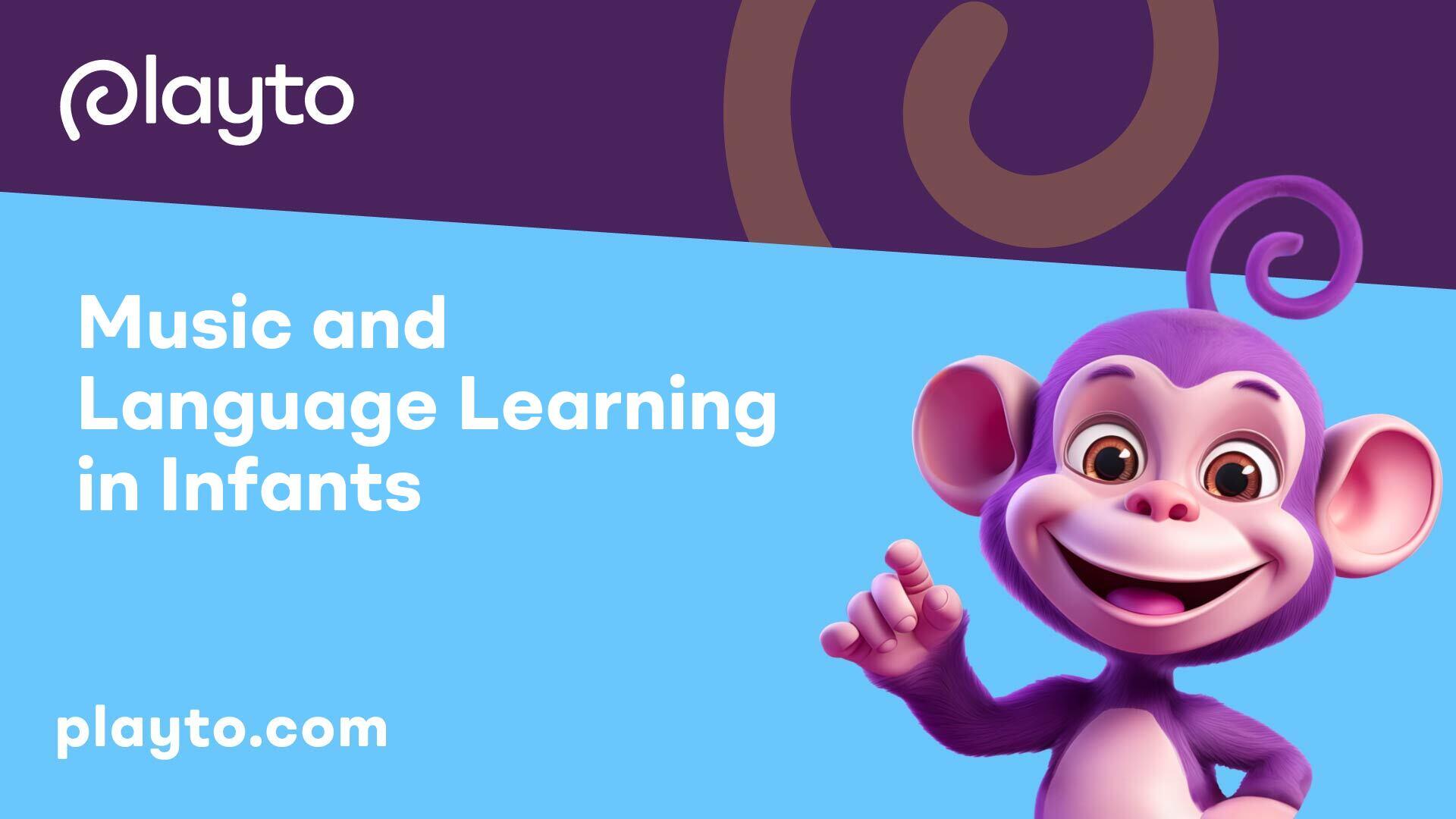
Music and Language Learning in Infants
Music plays a significant role in the development of language skills in infants, even before they start verbalizing words. Exposure to music can have a profound impact on infants' language acquisition and overall cognitive development. This section explores how music influences the development of language and the sensitivity of infants to sounds.
Development of Language
Babies are inherently musical, and music can play a crucial role in promoting language development in infants. According to School of Rock, music has the ability to soothe babies and aid in processing sounds that lay the groundwork for language development. Exposing infants to music helps them learn the sounds and meanings of words, establishing a strong foundation for language acquisition.
Early exposure to music also helps infants distinguish between various sounds and patterns, enhancing their auditory processing abilities. Dancing and moving to music not only promote physical coordination but also offer opportunities for infants to express themselves creatively and interactively, fostering holistic development.
Sensitivity to Sounds
Infants and young children face challenges in noisy environments, as they are relatively less equipped to filter out background noise compared to adults [4]. Despite these challenges, infants must navigate through noisy environments to learn and develop language skills. Exposing infants to music helps them practice focusing on specific sounds and tuning out distractions, contributing to their auditory discrimination skills.
Moreover, early contact with music has a profound impact on infants' future musical aptitude and emotional development. Research highlighted by NCBI emphasizes the importance of prenatal and postnatal exposure to music, especially the mother's voice. This early exposure not only fosters emotional bonds but also lays the groundwork for infants to connect sounds with emotions and social cues.
Studies such as the one conducted at the University of Southern California's Brain and Creativity Institute (Bright Horizons) have demonstrated that musical experiences in childhood can accelerate brain development, particularly in areas related to language acquisition and reading skills. By integrating music into the daily routine of infants, caregivers and parents can actively contribute to enhancing their language learning abilities and cognitive growth.
Understanding the intricate relationship between music and language learning in infants emphasizes the importance of incorporating musical experiences into early childhood development. By nurturing infants' sensitivity to sounds and providing them with rich musical environments, caregivers can significantly impact their language development and overall cognitive skills in the formative years.
Impact of Noise on Child Development
When it comes to child development, the impact of noise cannot be overlooked. Noise in infants' and children's environments can have profound effects on health, perception, and learning, particularly when it comes to recognizing and learning from speech. In this section, we will explore the effects of noise on learning and the environmental factors that influence noise levels in daycare settings.
Effects of Noise on Learning
Excessive noise in daycare environments can disrupt the learning process for infants and children. Background noise can interfere with a child's ability to concentrate, process information, and retain new knowledge. In environments where noise levels are consistently high, children may experience difficulties in focusing on tasks, following instructions, and engaging in meaningful interactions with caregivers and peers.
Moreover, noise pollution can affect speech perception and language development in infants and young children. The presence of continuous background noise may hinder a child's ability to distinguish speech sounds, leading to delays in language acquisition and communication skills.
To mitigate the adverse effects of noise on learning, it is important for daycare providers to create quiet and conducive learning environments for infants. Implementing sound-absorbing materials, establishing designated quiet areas, and minimizing external noise sources can help create a peaceful setting that supports children's cognitive development and learning.
Environmental Factors
The level of noise in infants' and children's environments may vary based on a range of environmental factors. Settings in urban areas tend to have higher background noise levels compared to rural areas. The constant presence of urban noise, such as traffic and construction sounds, can create challenges for children in processing auditory information and focusing on tasks.
Furthermore, socioeconomic factors play a role in determining noise levels in daycare settings. Affluent areas may offer quieter environments with less noise pollution, while impoverished areas may experience higher levels of noise due to crowded living conditions and lack of sound insulation. These disparities in noise exposure can impact the learning and development of infants and children, highlighting the importance of creating equitable and harmonious environments for all children.
By understanding the effects of noise on child development and recognizing the environmental factors that influence noise levels, daycare providers can take proactive steps to promote a quiet and nurturing atmosphere that supports children's learning and overall well-being. Effective noise management strategies can enhance the quality of the daycare environment, allowing infants and children to thrive and reach their full potential.
Music and Movement in Daycare
In the realm of daycare, the integration of music and movement plays a significant role in enhancing social interaction and developing problem-solving skills among infants and young children. These activities not only provide entertainment but also offer a host of developmental benefits that contribute to a child's overall growth and well-being.
Enhancing Social Interaction
Music and movement activities in daycare settings serve as valuable tools for fostering social interaction among children. Participating in group songs, dances, and rhythm exercises helps children feel connected and engaged with their peers, creating a sense of community and belonging. According to NIU Child Development and Family Center, these social experiences promote communication, cooperation, and teamwork, laying the foundation for positive social skills development.
By engaging in collaborative music and movement exercises, children learn to share, take turns, and express themselves creatively in a group setting. This collaborative environment encourages empathy, respect for others, and the ability to work together towards a common goal. These skills are essential for building strong social bonds and developing interpersonal relationships, both inside and outside of the daycare environment.
Developing Problem-Solving Skills
Incorporating music and movement activities into daycare sessions not only promotes physical coordination and motor skills but also stimulates problem-solving abilities in young children. Movement-based games and musical challenges encourage children to think critically, make decisions, and adapt their actions based on the requirements of the activity.
As highlighted by Vanco Payments, music and movement activities stimulate multiple brain areas, enhancing cognitive development and problem-solving skills. Through interactive games that involve following directions, coordinating movements, and solving rhythmic puzzles, children in daycare strengthen their ability to think quickly, make connections between actions and outcomes, and overcome obstacles in a fun and engaging way.
Encouraging children to improvise, create new movements, and explore different ways of expressing themselves through music and movement fosters a sense of curiosity, experimentation, and resilience. These problem-solving skills contribute to the development of a child's confidence, creativity, and independence, preparing them for future challenges and opportunities for growth.
By prioritizing music and movement activities in daycare settings, caregivers and educators create dynamic environments that support the social and cognitive development of children, laying the groundwork for lifelong learning and success. These interactive experiences not only enrich children's lives with joy and creativity but also equip them with invaluable skills that will benefit them in their educational journey and beyond.
Music Interventions for Early Development
In the realm of infant daycare, the role of music interventions is paramount in enhancing various aspects of early development. Music not only engages infants but also plays a significant role in fostering cognitive and academic effects as well as emotional and social development.
Cognitive and Academic Effects
Research, such as the findings presented by NCBI, suggests that music interventions have positive effects on a range of skills critical for cognitive and academic development in children. Musical activities have been shown to engage cognitive functions and improve executive functions like planning, working memory, inhibition, and flexibility. This engagement stimulates multiple brain areas and enhances cognitive development in infants, laying the foundation for future academic success.
Music and movement activities are powerful tools that not only enhance motor skills, as mentioned by Vanco Payments, but also boost cognitive development in infants, leading to a more well-rounded educational experience. By incorporating music into early development programs, infants can develop essential cognitive skills, setting them on a path towards academic excellence.
Emotional and Social Development
Early exposure to music has a profound impact on infants' emotional and social development. According to NCBI, contact with music from an early age influences infants' musical aptitude and emotional bonding. Additionally, exposure to the mother's voice, both prenatally and postnatally, is crucial for fostering emotional connections and musical abilities in children.
Music and movement activities act as powerful tools for enhancing emotional and social development in infants. By engaging in music-based interactions, infants learn to express emotions, communicate non-verbally, and connect with others in their environment. These early experiences with music not only enrich infants' emotional well-being but also contribute to the development of crucial social skills that are essential for healthy relationships in the future.
Incorporating music interventions into infant daycare programs can have a profound impact on early development, nurturing cognitive, academic, emotional, and social skills essential for a child's holistic growth. By recognizing the pivotal role of music in infant development, daycare centers can create enriching experiences that support infants' progress across various developmental domains.
References
[2]: https://www.brighthorizons.com/resources/article/music-and-children-rhythm-meets-child-development
